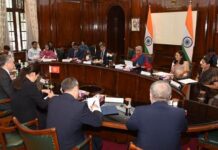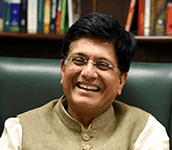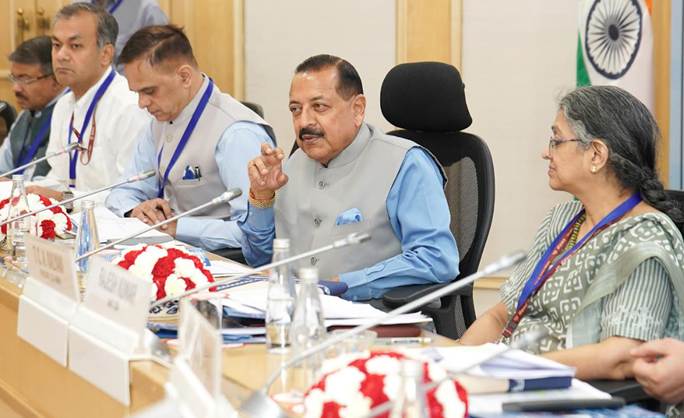JUNE 04: Speaking at the 13th All India Pension Adalat in New Delhi on June 4, 2025, Union Minister Dr. Jitendra Singh emphasized the need for a time-bound and compassionate approach to resolving pension-related grievances. Aligning with Prime Minister Narendra Modi’s governance philosophy of putting citizens at the centre, Dr. Singh declared that “no retiree should have to chase their rightful dues.”
The Pension Adalat, a platform for direct engagement between pensioners and government officials, has emerged as one of the most people-friendly administrative innovations. Since its inception in 2017, 25,416 cases have been addressed, with over 18,000 resolved—a resolution rate of over 71%. Dr. Singh cited these figures as evidence of the initiative’s growing impact and importance.
The Minister underscored the emotional and financial hardships faced by retired individuals and their families due to delays and bureaucratic hurdles. He praised the Department of Pension and Pensioners’ Welfare (DoPPW) for selecting family pension as this year’s focus, noting that many grievances were raised by women, either as recipients or legal claimants. Dr. Singh highlighted the need for increased digital outreach so that pensioners in remote areas or those unable to travel can also access support through initiatives like CPENGRAMS.
In a symbolic gesture, Dr. Singh released a booklet titled “Brave Soldiers and Veer Naariyan”, which features stories of pensioners who finally received their long-pending dues—some after decades of delay. Among them was Jasoda Devi, who was awarded her pension after 36 years, and Anita Kanik Rani, who received ₹20 lakh in arrears the same day her grievance was heard. These cases reflect the government’s commitment to justice, dignity, and respect for its retirees.
Dr. Singh concluded by calling on departments to treat pensioners not as mere claimants, but as valued members of the nation’s administrative legacy. He encouraged inter-departmental coordination, proactive resolution, and empathetic governance, asserting that the Pension Adalat serves as both a redressal mechanism and a performance indicator for public administration.





















